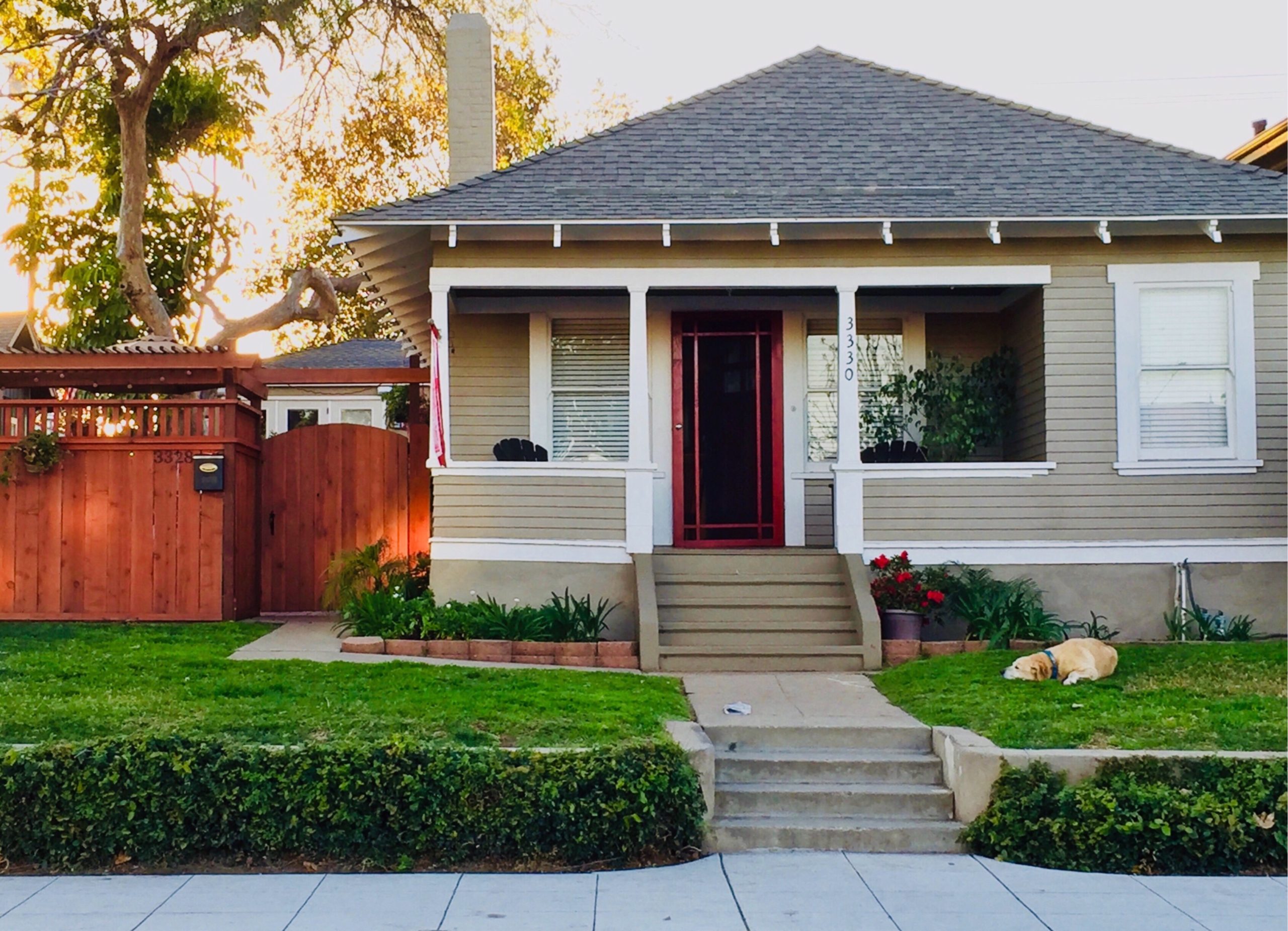It seems like everywhere you turn, prices look like a hockey stick. They go up and to the right.
This includes homeowners insurance premiums, which have risen significantly since the pandemic, according to the Insurance Information Institute. Its analysis shows that from 2017 to 2021, homeowner insurance premiums are up an average of 12.2% nationwide. Although the rise in premiums has been significant in the past couple of years, the upward trend actually predates the pandemic.
The reasons behind rising premiums and nonrenewal notices are complex. They also relate to broad changes in underlying risk and how those risks affect the financial health of insurance companies.
There are three reasons why risks have changed:
- The frequency and size of natural disaster losses are increasing.
- The costs of building a home are going up.
- Low housing inventory is causing home prices to rise dramatically.
Continue reading to get more information on these issues. You can also contact us for a homeowners insurance comparison to better understand how to insure your home for less.

1. Natural disasters are increasing
Damage from natural disasters is a leading cause of premium increases. Hurricanes, tornadoes, tropical storms, and wildfires are increasing in frequency and severity—and losses are skyrocketing.
Another factor that makes the impact worse is an ongoing population shift. People have been moving to areas of the country that are more likely to have natural disasters.
Wildfires have become more frequent in the Southwest, while hurricanes have been on the increase in the Southeast.
Whether people move for work or businesses relocate for better conditions, growth in population means more infrastructure. However, when a disaster hits these areas after migration, the losses can be much greater.
2. Cost of replacement materials increased
Inflationary pressures and supply-chain issues also are contributing to insurance premium increases.
Most homes are insured at replacement cost, rather than their actual cash value. In fact, some insurers don’t even offer actual cash value as an option. When homeowners experience a total loss because of a covered event, they often want to rebuild their home close to what they had before.
A structure’s actual cash value is based on the depreciated value of the property. Age, wear, and tear are taken into account. Replacement cost coverage reimburses you at the rate things cost now. When put that way, it’s easy to understand why premiums are increasing.
Whether it’s the lumber used to rebuild a home or the appliances that will fill it, the components used for construction have gone up in price. Rebuilding a house that is lost in a fire will cost substantially more now than it would have even a few years ago.
3. Rising housing prices
Another factor is the increasing demand for housing. There are several variables at play here, beyond the reduced availability of building materials covered above.
Sometimes land scarcity is a factor, or perhaps there’s a shortage of existing houses that leaves buyers with little to choose from when they are looking for a home.
Location is also an important factor in determining home insurance rates. This factor also impacts a rise in premiums.
Labor is also in short supply. Almost every trade associated with building a home is experiencing shortages, from framing to drywall hanging to plumbing and painting. This impacts on the cost of building a home in a couple of ways.
First, salaries go up. This is yet another factor that increases the cost of a new home.
Second, shortages slow the pace of construction. This puts additional pressure on the supply side of the equation. There simply aren’t enough workers in some areas of the country to keep up with the demand for homes.
What causes a nonrenewal notice?
An insurance company might not renew your homeowners insurance policy for several reasons. However, most point back to an increase in risk. Here are just some of the ways your risk profile could change that could potentially result in a nonrenewal:
- Nonpayment
- Too many claims within a short amount of time
- Discovery that the homeowner provided false information when applying for insurance
- Deferred home maintenance leading to unsafe conditions
- Dog bites or other animal hazards
- A sudden and substantial drop in the policy holder’s credit score
- Change in occupancy such as leaving the house vacant for extended time periods
- Adding a pool or trampoline or other changes in risk
You also might receive a nonrenewal notice for a reason that has nothing to do with you. This can include a decision by your insurance company not to operate in your state any longer. This is what happened to homeowners in several states, as insurance companies decided to pull out of specific markets because of increased weather-related risks.
In Florida, large losses stemming from hurricanes led some companies to withdraw from that market. While some in California determined that increased periods of drought and the potential for wildfires meant too much risk.
What should I do if I get a nonrenewal notice?
What you need to do if you do receive one will depend on the reason your insurance company will no longer offer coverage. If the company is pulling out of the market you live in, there’s not much you could do other than to start looking for another carrier.
If it’s for another reason, such as installing a pool, talk to your insurance company to see if there are any steps you can take to improve safety and reduce risk. You can typically appeal a nonrenewal decision but don’t rely on the decision being overturned. If the decision is not overturned, you should look for another provider as soon as possible.
Insurance companies have different underwriting rules. A nonrenewal by one carrier doesn’t mean you’ll be denied coverage by another, but the reasons matter. If you provided false or inaccurate information on your application and you lose your insurance, that could count against you when you apply for coverage from another company.
If you live in a state or region that has high risks, you can take some steps that might reduce your chances of getting a nonrenewal notice. Updating your home to make it more resistant to the risks you face in your area is one option.
Pay attention to other risk factors, too. If there’s an uptick in crime in the area, add an alarm system. Enroll your dog in a Canine Good Citizen class. The more you can do to reduce risks, the less likely you are to receive a nonrenewal letter.
See how to save
on insurance

How can I save on homeowners insurance?
When insurance rates increase, it’s always a good time to compare quotes to see how much you could save on your insurance*.
Guaranteed Rate Insurance offers an online quoting platform for Home Insurance where you can start your quote and compare rates, then speak with a licensed agent to complete your policy. With access to over 100 different home insurance carriers via insurance agents across all 50 states, you may find a better rate.
Disclaimer:
*Savings, if any, vary based on the consumer’s profile and other factors. Contact your insurance agent for more information. Restrictions apply.
All information provided in this publication is for informational and educational purposes only, and in no way is any of the content contained herein to be construed as financial, investment, or legal advice or instruction. Guaranteed Rate Insurance does not guarantee the quality, accuracy, completeness or timelines of the information in this publication. While efforts are made to verify the information provided, the information should not be assumed to be error free. Some information in the publication may have been provided by third parties and has not necessarily been verified by Guaranteed Rate Insurance. Guaranteed Rate Insurance, its affiliates and subsidiaries do not assume any liability for the information contained herein, be it direct, indirect, consequential, special, or exemplary, or other damages whatsoever and howsoever caused, arising out of or in connection with the use of this publication or in reliance on the information, including any personal or pecuniary loss, whether the action is in contract, tort (including negligence) or other tortious action.

